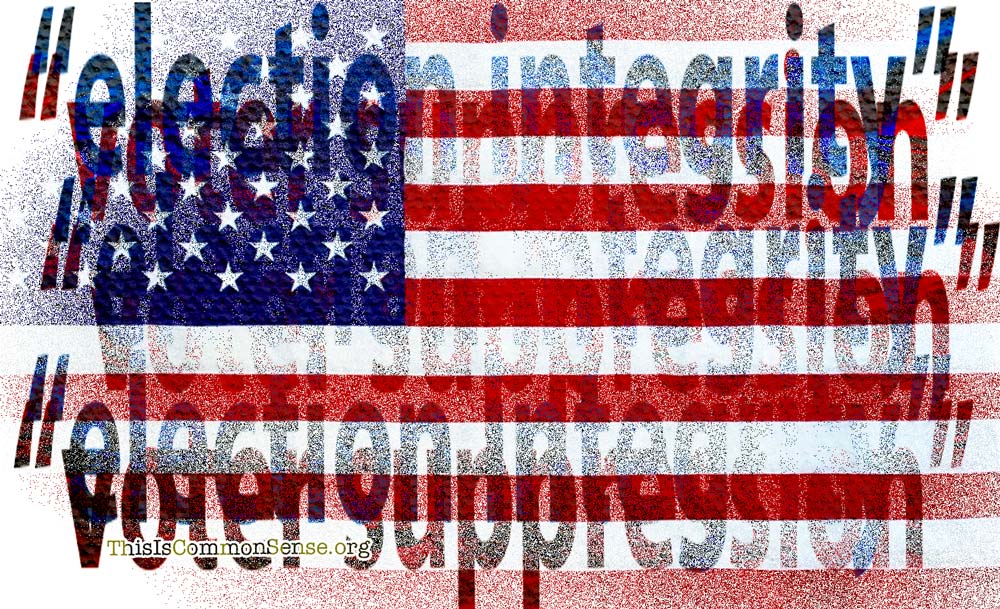Her “constituents in Texas Congressional District 12 have asked, ‘Where is Congresswoman Kay Granger?’
“Some Tarrant County residents,” The Dallas Express further reports, “have begun to speculate.”
“I’m hearing she’s in a memory care unit,” one posted on X.
Express reporter Carlos Turcios explains that “the Congresswoman has been residing at a local memory care and assisted living home for some time after having been found wandering, lost, and confused in her former Cultural District/West 7th neighborhood.”
Granger, 81, did not seek re-election last November after 28 years in Congress. Thankfully. She has not voted in Congress since July 24 of this year. Which, given the circumstances, is also a good thing.
Her son told the media she was suffering from dementia and had declined rapidly, but that could be a
Don’t condemn the congresswoman, argues former Texas legislator Jonathan Strickland. “Six years ago (as an elected official who worked regularly with/around her) it was obvious she had serious memory issues. She has had no idea what was going on for a while,” he explained, blaming “her friends, family, and staff” who “left her in office for their own benefit.”
The last six years in Congress … without … cognition. (Is that about par?)
Utah Senator Mike Lee, a fellow Republican, says Granger makes a “compelling case for term limits.” Yes. Sure. Of course.
Even if these over-the-top instances of incumbency running amok overtime weren’t spilling out so often, however, we would still need term limits.
The fact that things have gotten this bad is a sign we’ve needed term limits for a very long time.
This is Common Sense. I’m Paul Jacob.
Illustration created with Flux and Firefly
—
See all recent commentary
(simplified and organized)

